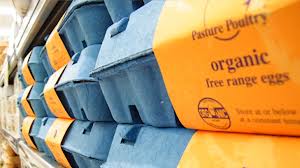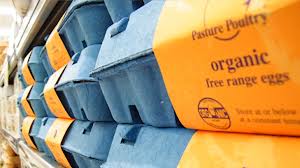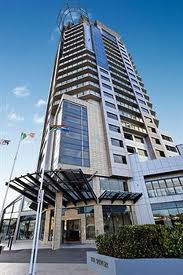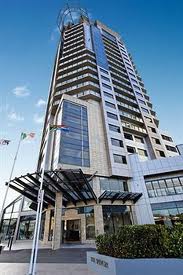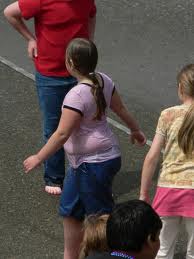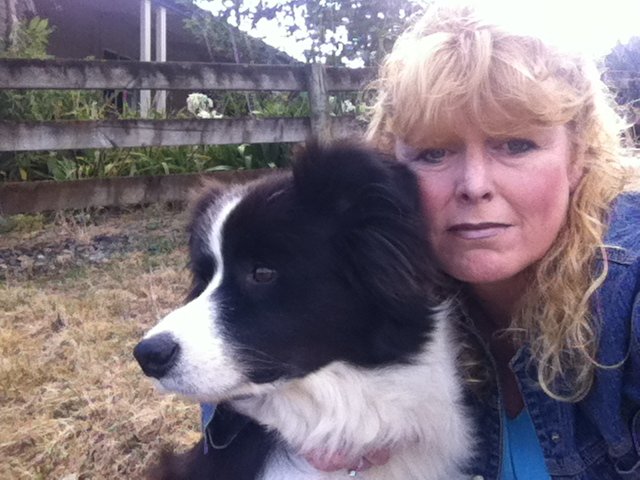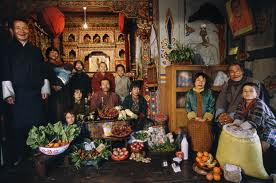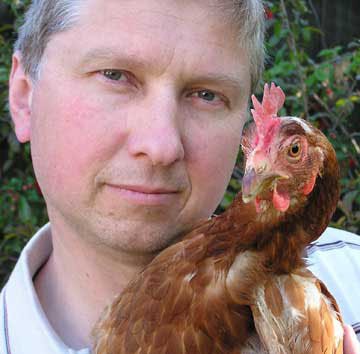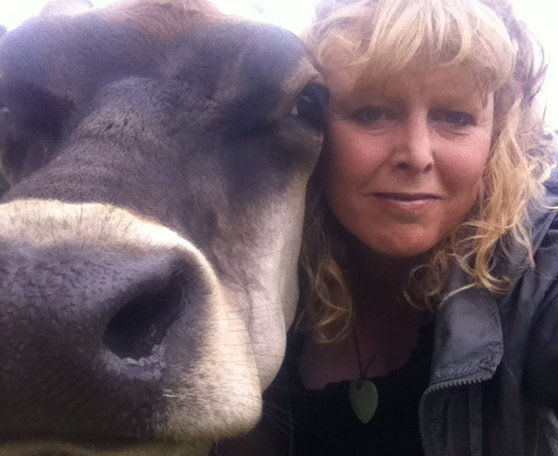Organic certification labeling the best available for consumer
In New Zealand ‘certified’ organic food is the best labelling system available for the consumer,” says Debbie Swanwick, spokesperson, Soil & Health – Organic NZ.
Her comments follow recent media attention around food labelling.
Food Safety Minister Nikki Kaye signed off changes to legislation this week that producers cannot claim health or nutritional value on their labels unless they meet standards set by the Ministry for Primary Industries.
The change is designed to help consumers make healthier food choices.
Two hundred pre-approved standards will be the only health claims allowed by producers, under the new system. (2)
“Whilst we agree that many producers have misled consumers in the past by making bogus claims of their products, and legislation around this needs to improve, these changes don’t go far enough,” says Swanwick.
“In New Zealand the best food labelling system is ours – organically certified products guarantee that a product is free of pesticides, synthetic additives and genetic engineering,” says Swanwick. Non certified products, conventional and GE products cannot claim this. (3) For consumers who do not wish to introduce contaminants into their bodies via their food, certified organic products are their guarantee that this is so.
The four organic certification bodies in New Zealand are BioGro, Demeter, OrganicFarmNZ and AsureQuality and their products are labelled as such. These certification agencies provide rigorous third party audits that meet international organic standards, and consumers can have confidence that organic products with their logos are healthy, environmentally friendly and have high standards for animal welfare.
A study published this month by Cornell University’s Food and Brand Lab researchers showed that an organic label can also influence much more than health views: perceptions of taste, calories and value can be significantly altered when a food is labelled “organic”.
One hundred and fifteen people were asked to evaluate three pairs of identical products – yoghurts, cookies and potato chips – but one of each pair was falsely labelled organic. Consumers rated the labelled organic products better on many counts even though the product was identical. (1)
“That is what we would expect and proves that the consumer is aware that organic products taste better are healthier and often lower in calories,” says Swanwick. “Consumers seem to be well aware that organics that are labelled and certified do have merit. It is a disgraceful however that Cornell have misled the public to prove the point.”
“We would have to question who is funding such research. It is also ironic that despite the millions of dollars that big agritech companies (such as Monsanto) spend each year in trying to sway the public that organics have no merit, they refuse to label their own GE products,” says Swanwick. Big Agritech is currently spending US$1 million a day to stop GMO labelling in the US (4) and in the past two years Monsanto alone spent $279 million on advertising and public relations to denounce organics and promote GMO’s. (5)
Soil & Health is one of the oldest organic organisations in the world and advocates for the consumer’s right to have fresh, healthy, organic food and water free of GE, pesticides and additives and their right to know what is in their food and water. Oranga nuku, oranga kai, oranga tangata. To learn more about what is really in your food visit our Facebook page and subscribe _http://www.facebook.com/OrganicNZ_
Photo caption: “AsureQuality is one of the four organic certification labels in New Zealand, the others being Demeter, Biogro and OrganicFarm” says Debbie Swanwick, Spokesperson, Soil & Health – Organic NZ.
To view online click here http://www.organicnz.org.nz/node/649
References
(1) http://www.sciencedaily.com/releases/2013/04/130401121506.htm
(2) http://www.nzherald.co.nz/nz/news/article.cfm?c_id=1&objectid=10876085
(3) http://www.nzherald.co.nz/lifestyle/news/article.cfm?c_id=6&objectid=108…
(4) http://riverhead.patch.com/blog_posts/label-gmos-a-million-a-day-and-77b…
(5) http://truth-out.org/news/item/15512-the-monsanto-protection-act-a-debate-on-controversial-new-measure-over-genetically-modified-crops
